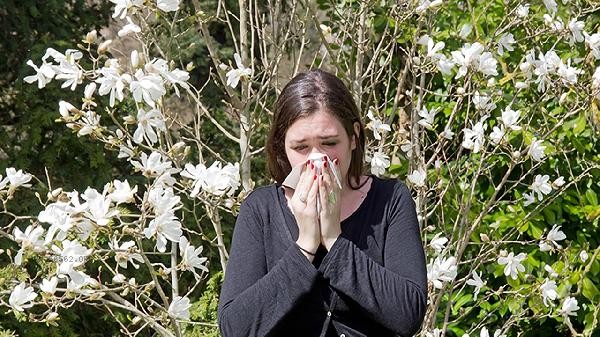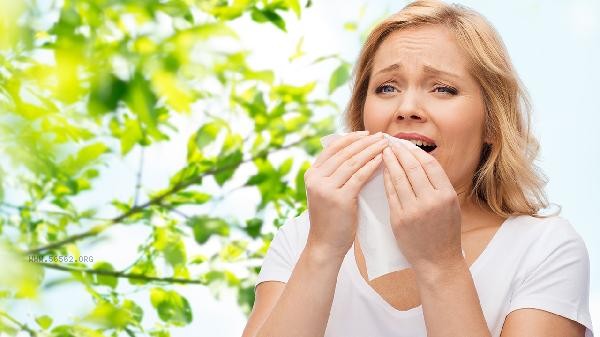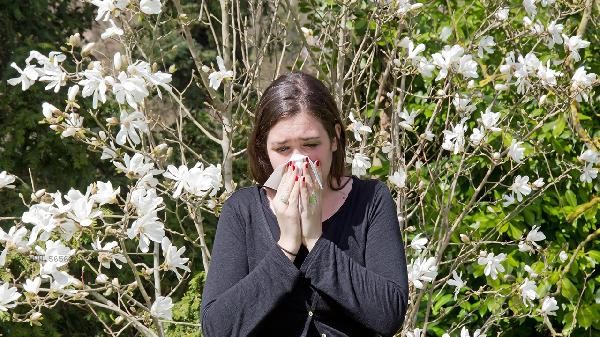Bee pollen and pollen drinks are not suitable for everyone, and should not be consumed by individuals with allergies, gastrointestinal disorders, and pregnant women. Bee pollen contains abundant protein and plant active ingredients, which may induce allergic reactions or increase the burden on the digestive system.

1. Allergic individuals
People who are allergic to pollen or bee products may experience allergic reactions such as skin itching, redness, and difficulty breathing after coming into contact with bee pollen. In severe cases, it can cause anaphylactic shock and immediate medical attention is required. It is recommended that this group of people avoid consuming pollen products and, if necessary, undergo allergen testing to confirm.
II. Gastrointestinal dysfunction
Patients with chronic gastritis and irritable bowel syndrome have weaker digestive function, and the crude fibers and active ingredients in bee pollen may stimulate the gastrointestinal mucosa, leading to worsening symptoms such as bloating and diarrhea. During the onset of acute gastroenteritis, consumption should be temporarily suspended.

III. Plant hormones contained in pollen of pregnant women
may affect hormone balance in the body, posing potential risks when consumed during pregnancy. Some bee pollen may carry Clostridium botulinum spores, and changes in the immune system of pregnant women make them more susceptible to infection. It is recommended to avoid ingestion during pregnancy.

Healthy individuals should also pay attention to adapting to consuming bee pollen from a small amount and stop immediately if discomfort occurs. When storing, it should be sealed and moisture-proof to avoid oxidation and deterioration of nutrients. It is recommended to take pollen drinks with warm water to avoid high temperatures damaging the active substances. The daily intake should not exceed 10 grams. Individuals with special constitutions should consult a traditional Chinese medicine practitioner or nutritionist to assess their individual adaptability before use.









Comments (0)
Leave a Comment
No comments yet
Be the first to share your thoughts!